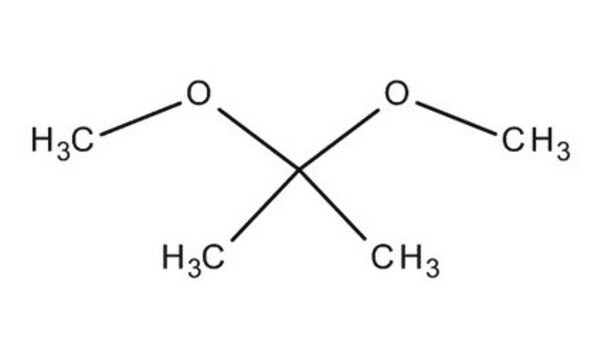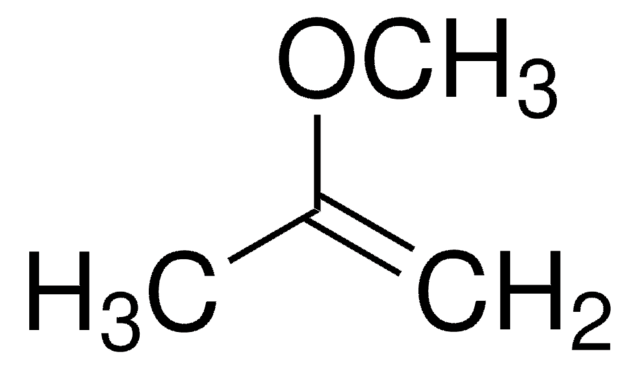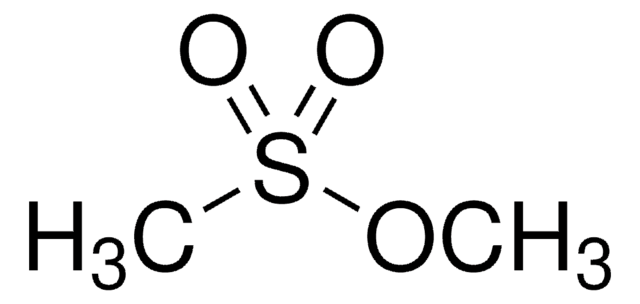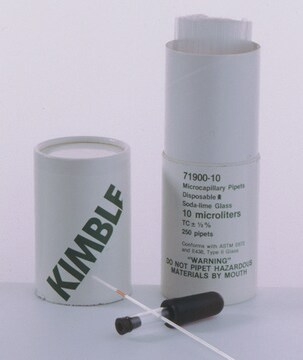73137
2,2-Dimethoxypropane
analytical standard
Synonyme(s) :
Acetone dimethyl acetal
About This Item
Produits recommandés
Qualité
analytical standard
Niveau de qualité
Densité de vapeur
3.59 (vs air)
Pression de vapeur
60 mmHg ( 15.8 °C)
Pureté
≥99.4% (GC)
Durée de conservation
limited shelf life, expiry date on the label
Limite d'explosivité
31 %, 58 °F
6 %, 27 °F
Technique(s)
HPLC: suitable
gas chromatography (GC): suitable
Indice de réfraction
n20/D 1.378 (lit.)
n20/D 1.378
Point d'ébullition
79-81 °C
83 °C (lit.)
Densité
0.847 g/mL at 25 °C (lit.)
Application(s)
environmental
Format
neat
Chaîne SMILES
COC(C)(C)OC
InChI
1S/C5H12O2/c1-5(2,6-3)7-4/h1-4H3
Clé InChI
HEWZVZIVELJPQZ-UHFFFAOYSA-N
Vous recherchez des produits similaires ? Visite Guide de comparaison des produits
Description générale
Application
Mention d'avertissement
Danger
Mentions de danger
Conseils de prudence
Classification des risques
Eye Irrit. 2 - Flam. Liq. 2
Risques supp
Code de la classe de stockage
3 - Flammable liquids
Classe de danger pour l'eau (WGK)
WGK 2
Point d'éclair (°F)
14.0 °F - closed cup
Point d'éclair (°C)
-10 °C - closed cup
Équipement de protection individuelle
Eyeshields, Faceshields, Gloves, type ABEK (EN14387) respirator filter
Choose from one of the most recent versions:
Déjà en possession de ce produit ?
Retrouvez la documentation relative aux produits que vous avez récemment achetés dans la Bibliothèque de documents.
Les clients ont également consulté
Notre équipe de scientifiques dispose d'une expérience dans tous les secteurs de la recherche, notamment en sciences de la vie, science des matériaux, synthèse chimique, chromatographie, analyse et dans de nombreux autres domaines..
Contacter notre Service technique











